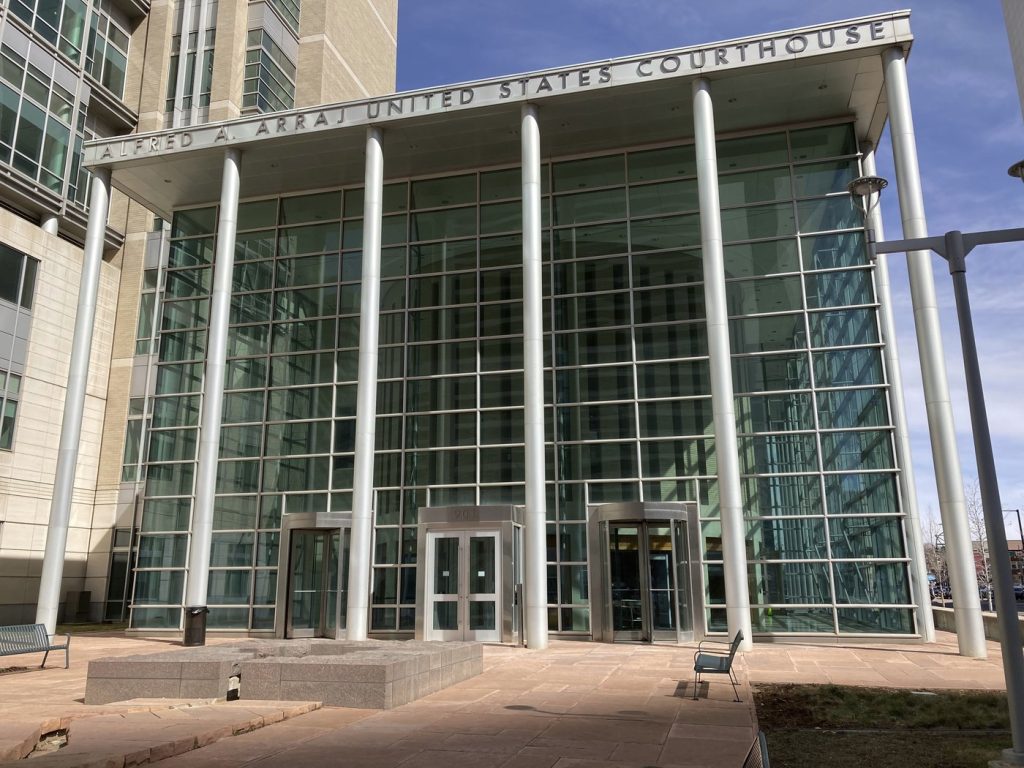DENVER (AP) — Opening statements are set to commence on Tuesday in the trial of Michael Sang Correa, a man accused of torturing political opponents of Gambia's former military ruler, Yahya Jammeh. This trial marks a significant moment in the ongoing efforts to address human rights abuses linked to Jammeh's regime, which lasted for 22 years.
Federal prosecutors are utilizing a rarely implemented law that permits individuals to be prosecuted in the U.S. judicial system for acts of torture allegedly committed outside the country. Correa, a Gambian citizen, was indicted in 2020 while residing in the United States. He faces charges related to his involvement in a conspiracy to physically and psychologically torture individuals suspected of participating in a failed coup attempt in Gambia in 2006.
Prosecutors allege that Correa was a member of a notorious military unit known as the “Junglers,” which operated under direct orders from Jammeh. Reports indicate that Correa and his co-conspirators brutally tortured detainees, subjecting them to beatings with pipes and electric shocks, sometimes using plastic bags to suffocate them. These allegations paint a harrowing picture of the methods employed during Jammeh's rule.
In response to the charges, Correa's defense team plans to argue that he acted under coercion and duress. Court filings reveal that there is evidence suggesting members of the Junglers who did not follow Jammeh's commands were at risk of death themselves. This critical defense point highlights the environment of fear and violence that characterized the military unit's operations.
Yahya Jammeh, who ruled Gambia from 1994 to 2017, is accused of overseeing a regime marked by widespread human rights violations, including torture, imprisonment, and extrajudicial killings of political opponents. Following a contentious presidential election loss in 2016, Jammeh fled to Equatorial Guinea, where he has remained in exile.
Correa's journey to the United States began in December 2016 when he reportedly came to serve as a bodyguard for Jammeh. After Jammeh was ousted, Correa opted to stay in the U.S., subsequently overstaying his visa. Prosecutors assert that he has been living in Denver, Colorado, where he worked as a day laborer since at least 2016.
Human Rights Watch states that Correa is the third individual to be prosecuted under a U.S. law that allows for the prosecution of those who commit acts of torture abroad. The two previous cases involved U.S. citizens who received lengthy prison sentences for their crimes. Noteworthy is the conviction of Charles “Chuckie” Taylor, Jr., son of former Liberian president Charles Taylor, who was found guilty of torture-related charges in 2008, and Ross Roggio, convicted in 2023 for torturing an employee in Iraq.
The international ramifications of Jammeh's regime are substantial, as several other nations have also undertaken legal actions against individuals connected to his rule. Recently, Jammeh's former interior minister was sentenced to 20 years imprisonment in Switzerland for crimes against humanity, while a Gambian man associated with the Junglers was convicted in Germany for murder and other serious offenses against government critics.
The unfolding trial in Denver represents not only a pursuit of justice for the victims of Jammeh's dictatorship but also an assertion by the international community that perpetrators of torture and human rights violations will face accountability, regardless of where those crimes were committed.











